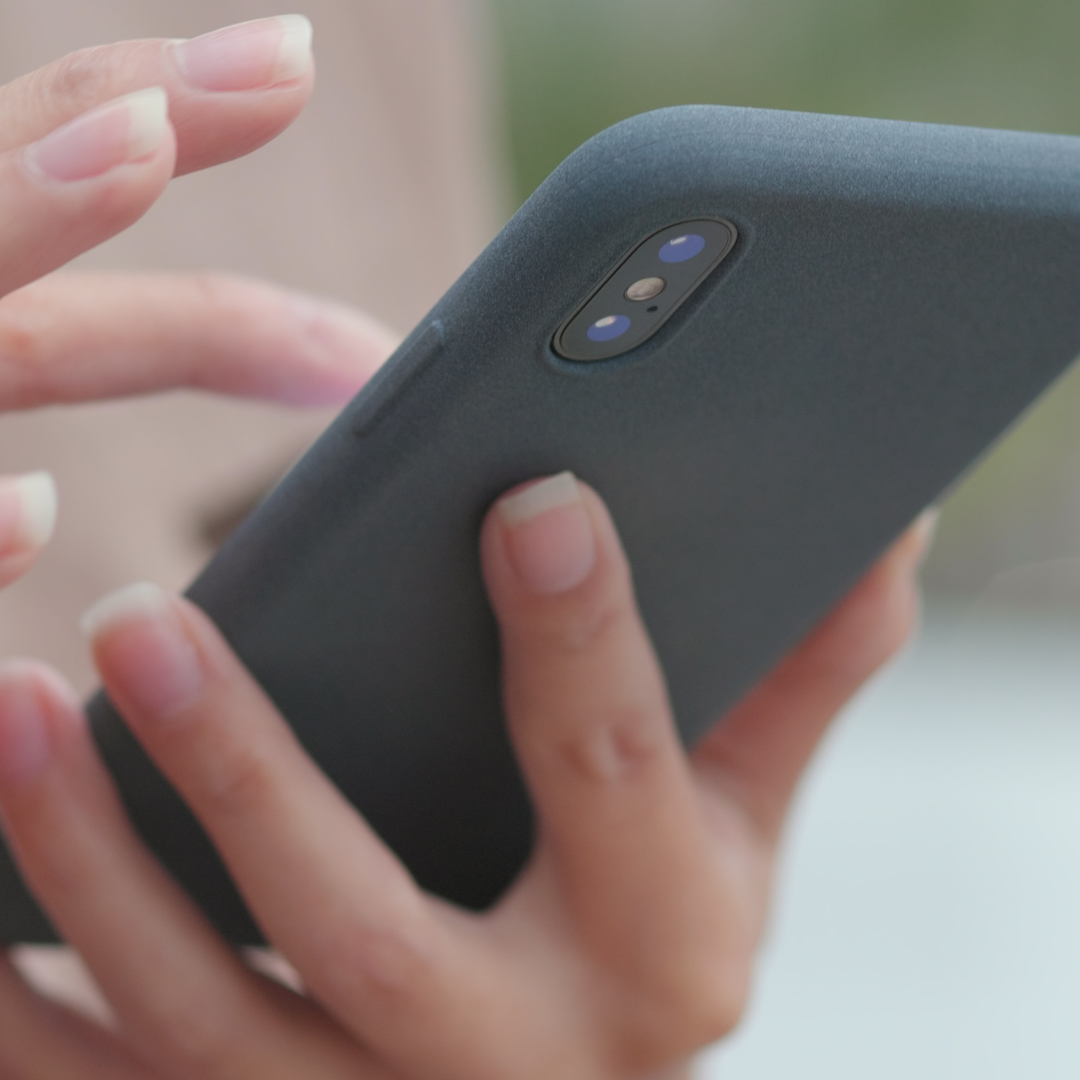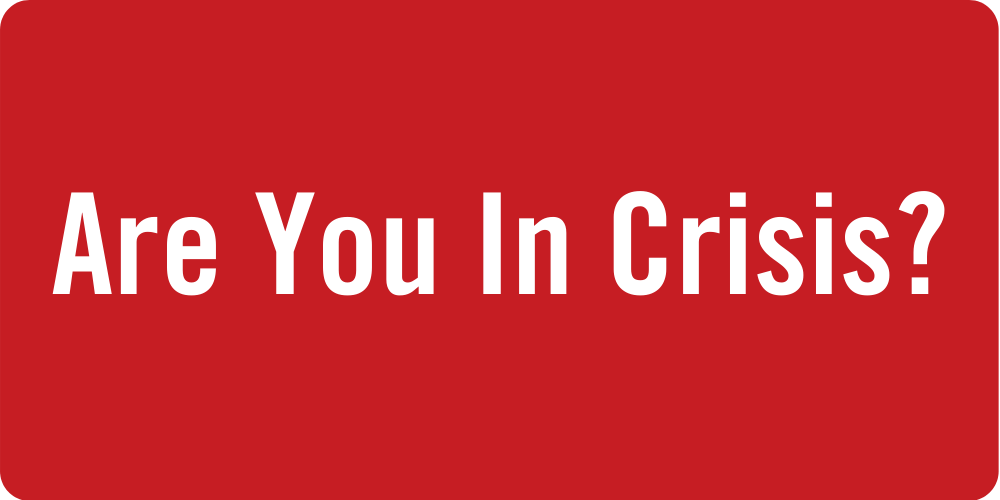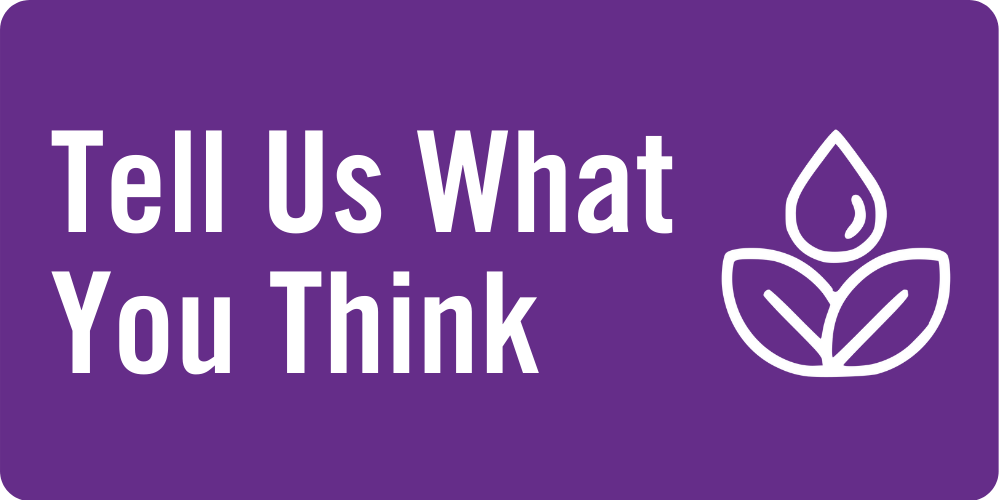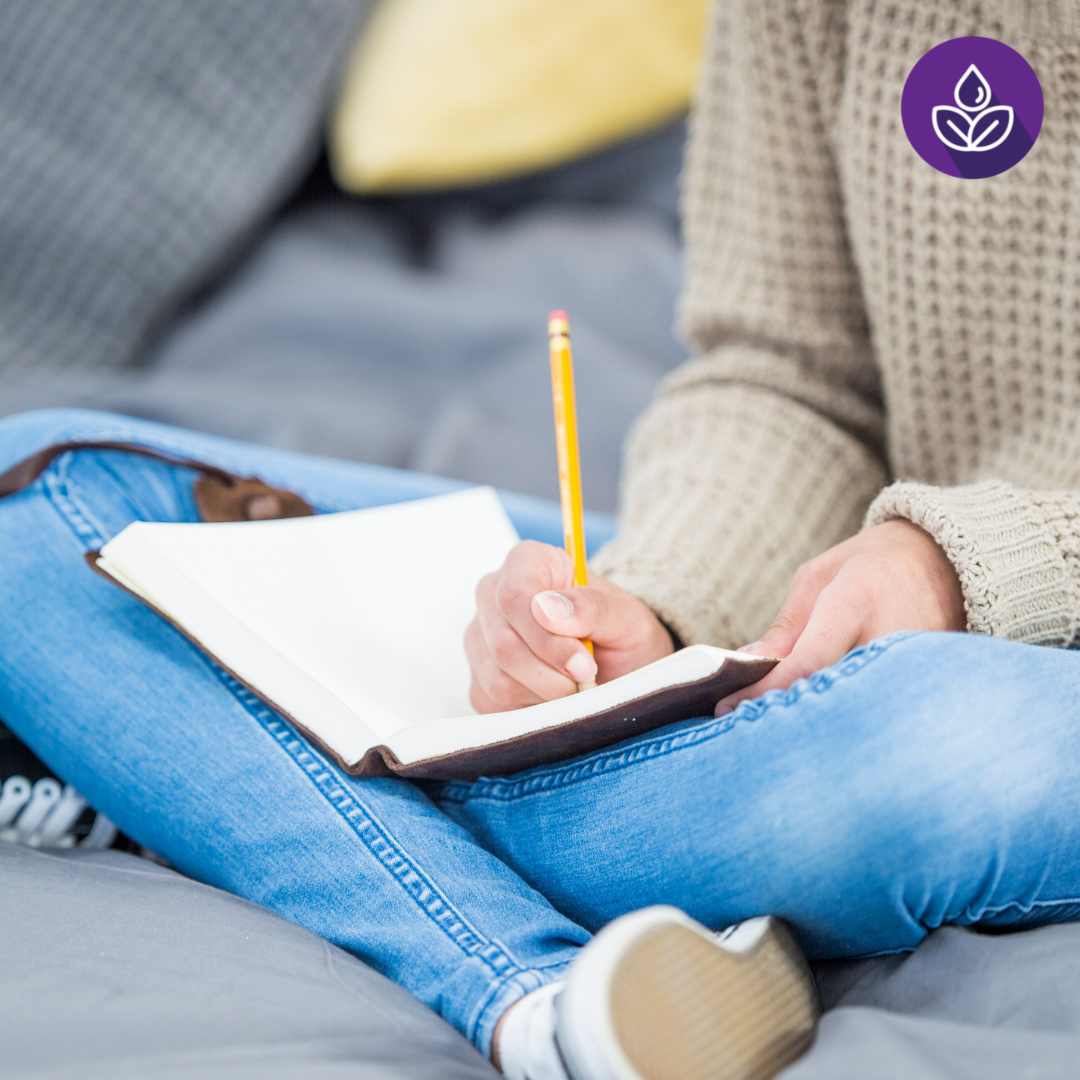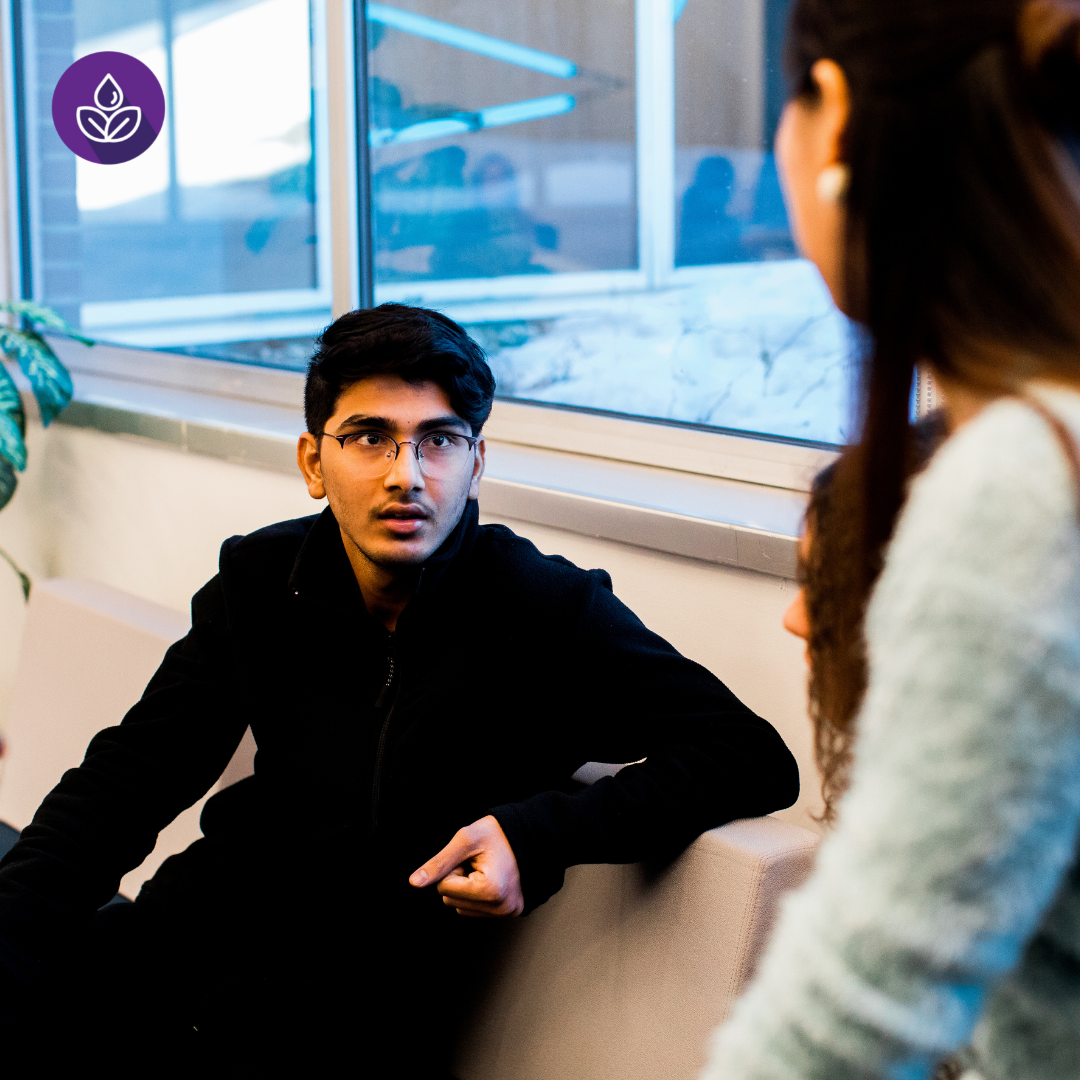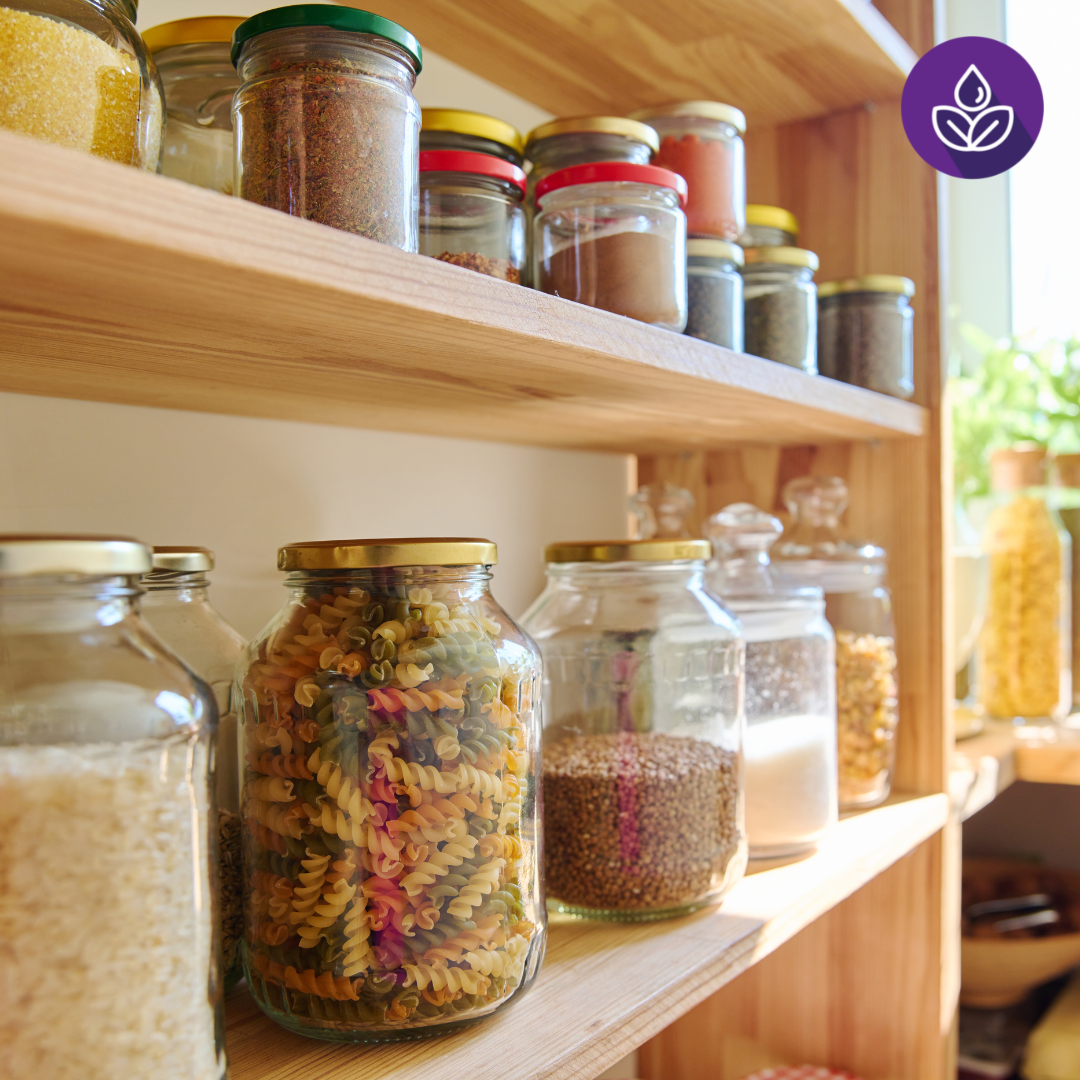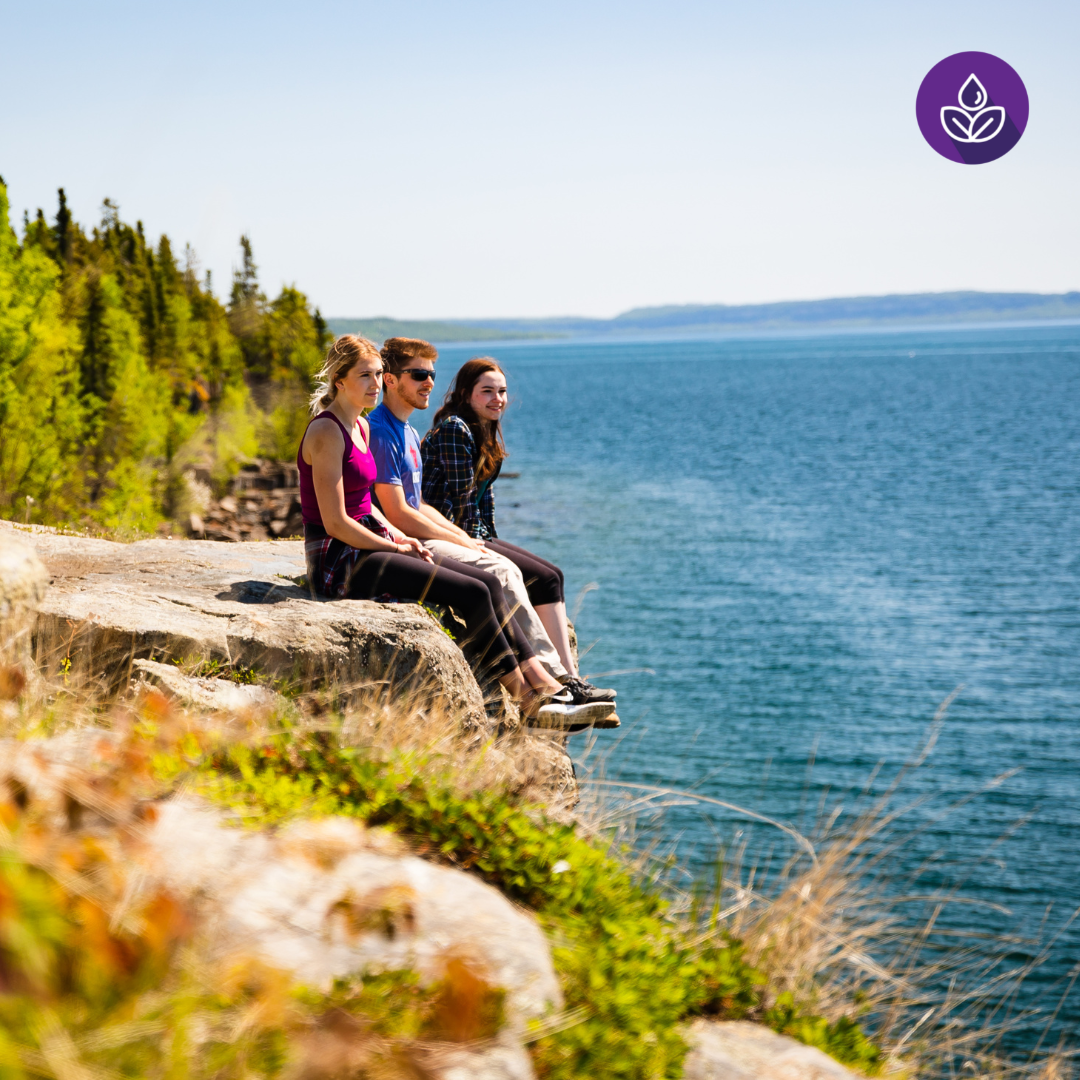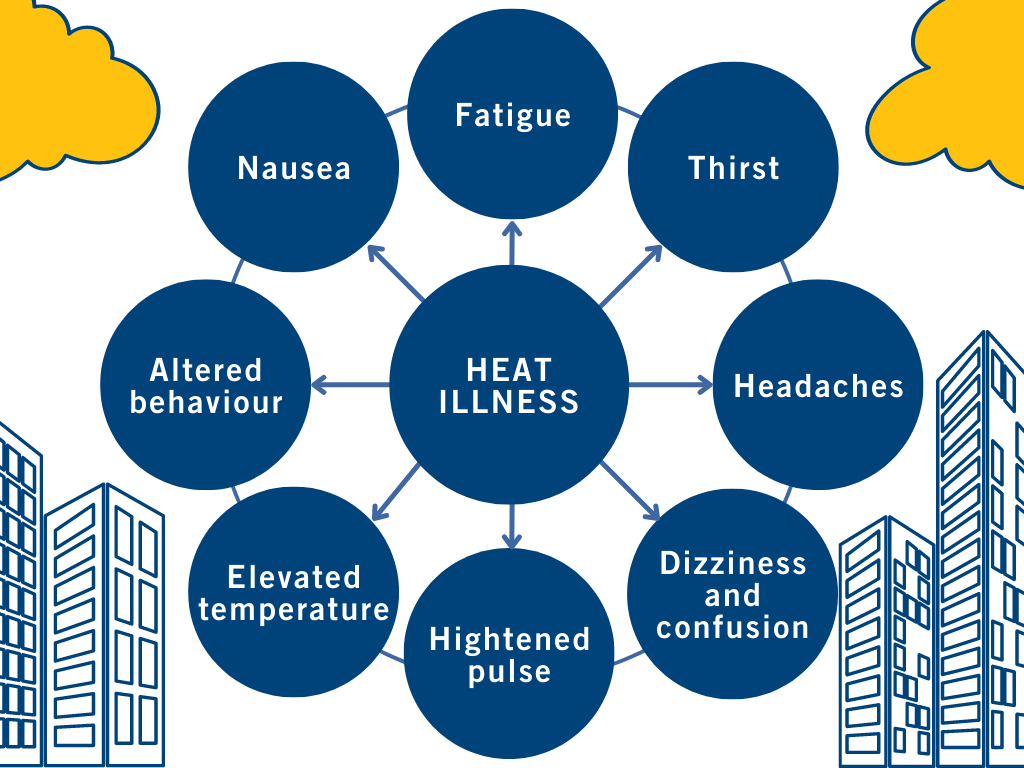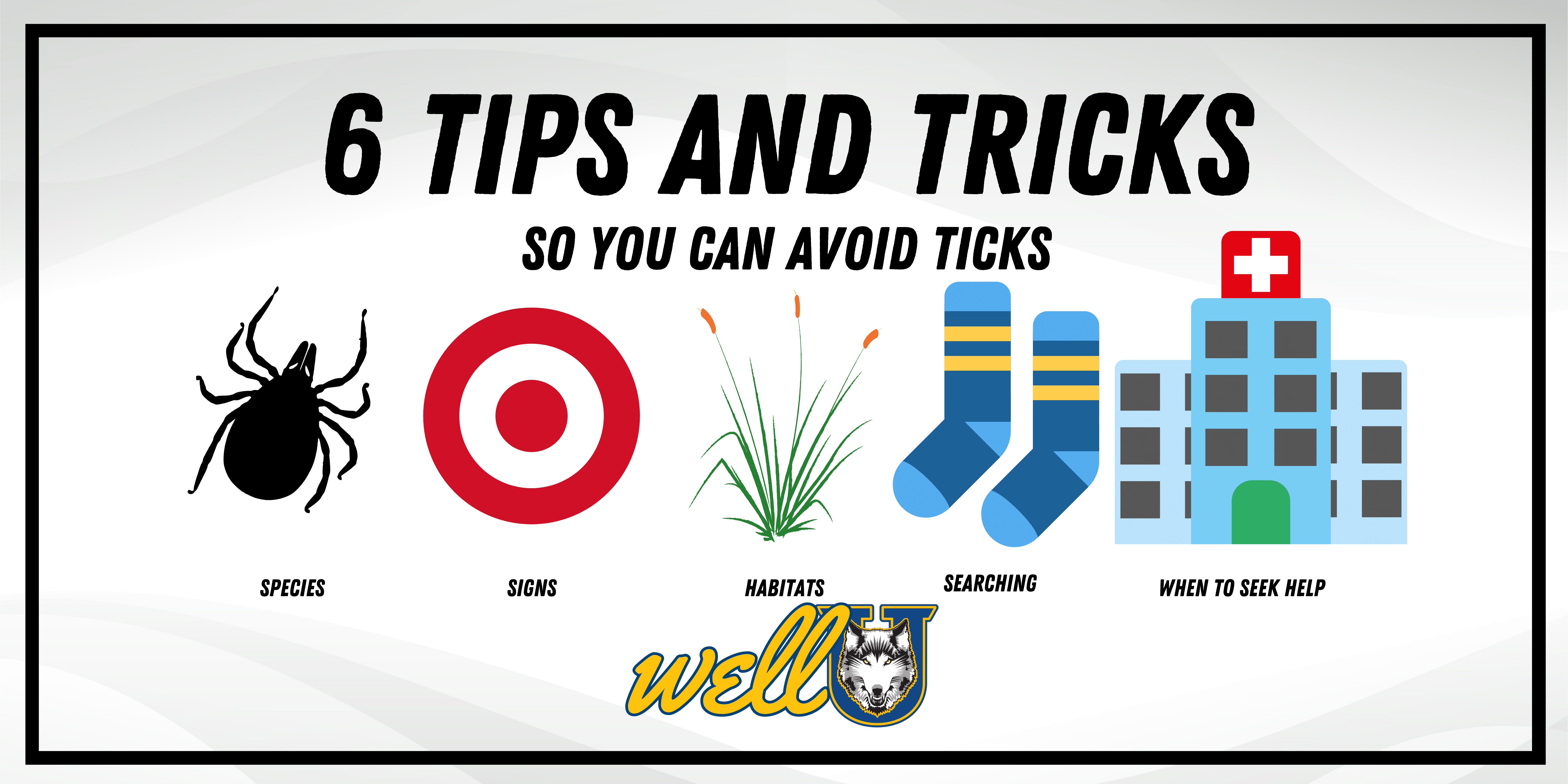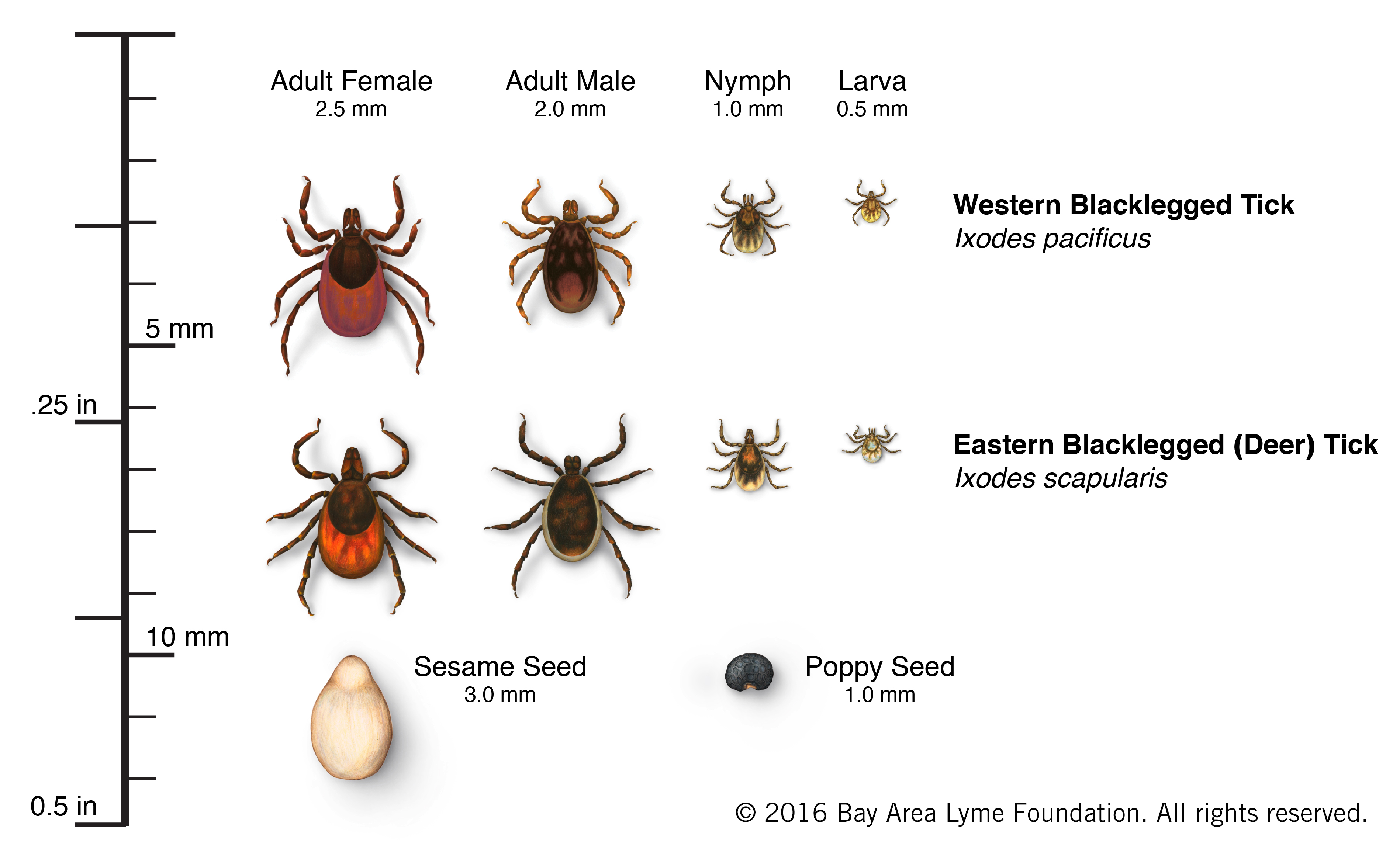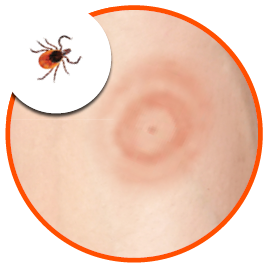But have you ever felt unsure about how to respond when someone is upset or do you worry about saying or doing something wrong? While research has shown that empathy is innate, these skills can also be learned. So whether you're struggling with your empathy skills or just want to spread a bit more human kindness, it’s never a bad idea to find more ways to practice empathy in your day-to-day life.
In this article from TalkCampus, we’ll take a whistle-stop tour through the different types of empathy, how empathy can help both you and the people around you, and how you can cultivate your empathy skills.
What is empathy, though?
Empathy is something we have all heard. But what does it actually mean? Put simply, empathy is the ability to sense other people’s emotions and imagine what they might be thinking or feeling.
How's empathy different from sympathy?
Empathy often gets confused with sympathy, which is actually quite a different thing. One way of thinking about it is that sympathy says “I feel bad for you”, whereas empathy says “I feel with you”.
Sympathy can sometimes be construed as pity or feeling sorry for someone. This can make the recipient feel helpless or disconnected, despite any best intentions. Empathy, on the other hand, shows that you understand and share in the other person's feelings, and helps us to connect with each other.
The benefits of empathy
Empathy helps us to understand what other people might be thinking or feeling, and it helps us to connect with them in a meaningful way. Feeling connected to other people is vitally important for our wellbeing. It helps us to feel loved and valued, and it increases our feelings of happiness and self-worth.
Being more open to how others are feeling can also improve our:
Perhaps most importantly, empathy makes other people feel less alone. It's a great moral compass and a reminder to always treat others kindly and respectfully.
The different types of empathy
Some researchers have broken down the concept of empathy into three different categories: cognitive, emotional, and compassionate. Let's take a look at each of them in turn.
Cognitive empathy
Cognitive empathy is the ability to think about and understand a situation from someone else’s perspective. Or in other words, putting yourself in someone else’s shoes and imagining what they must be thinking or feeling.
This type of empathy is about using your thoughts rather than your feelings. For example, at work, you might use cognitive empathy to imagine what a colleague might be thinking or feeling and to respond logically and appropriately.
Emotional empathy
Emotional empathy is the ability to share the emotions and feelings of another person, and it is what most people think of when they think about empathy.
This type of empathy is hard-wired into most human beings. For example, if someone you love is crying in distress, you feel that distress too. Or, if you see your child or family member get hurt, you react with them, perhaps wincing or screaming out. This type of empathy is what we most often share with the people we care about and it forms a strong bond between us.
Compassionate empathy
Compassionate empathy is a balance between cognitive and emotional empathy and has been billed by some researchers as the most helpful kind of empathy. Compassionate empathy is the ability to understand and share in someone else's feelings and emotions, but without taking them on as your own.
The best thing about this type of empathy is that it stops us from feeling overwhelmed and actually motivates us to do something to help.
How to cultivate your empathy skill
Expressing empathy comes easily to some people but others can struggle. There can be many reasons for this including feeling burned out, overwhelmed, or just worried about saying or doing the wrong thing.
Luckily, empathy is a skill you can learn and build on. Here are a few tips that can help you cultivate your empathy skills.
1) Focus on listening
Try to focus on just listening to someone. You don’t have to have all the answers or say the “right” thing. Most of the time, people just want to feel heard. Simply making the time and space for someone to open up and feel accepted is enough. Listening also removes any pressure on us and allows us to really hear and understand what’s going on for the other person.
2) Ask open questions
Closed questions like “are you feeling sad?” are one of the fastest ways to shut a conversation down. Try asking open questions like “what was that like for you?” or “how are you feeling?”
These types of questions can help you to learn more about what someone might be thinking or feeling.
3) Put yourself in someone else’s shoes
Trying to understand a situation from someone else's perspective doesn’t mean that you have to agree with everything they say. But it will help you understand how that person might be thinking or feeling.
You could say something like “how are you feeling right now?” or “I can see you’re really upset, can you tell me more about what’s happened?” Then listen with an open mind and try to understand, putting your own views to one side.
4) Don’t offer any unsolicited advice
You might think that you have the answer to someone’s problems, but try to keep it to yourself unless they ask for your advice. It might be well-meaning but that doesn’t mean it will be well-received.
You might want to say something like “would you like me to help you think that through or do you just need a hug right now?”
5) Offer to help without making any assumptions
Try not to make any assumptions about what someone might want or need. Most people are experts on their own problems and know what’s best for them.
However, you can make a genuine offer to help. The best way of finding out what that might look like is to simply ask “is there anything I can do to help?”
6) Open up about your own experiences
If someone is telling you about a problem and you have been through something similar, try to be brave and share your story. It can really help another person feel that they are not alone, that you really get them and see that they can come through the tough times.
7) Set boundaries
If someone is offloading on you more than you’d like or you feel unable to take on anyone else’s problems right now, that’s ok! Just let the person know that you're struggling and you need a bit of space.
You might not feel great about that but you can’t help anyone else if you’re feeling overwhelmed and burned out. Is there someone you could talk to?
If you are still struggling to express empathy, try asking yourself the following questions:
What is happening to this person right now?
What might they be thinking or feeling?
Have I ever experienced something like this and, if so, what was it like?
What might be important to them?
What do they want or need and how can I help?
If you want to really hone those empathy skills and take it a step further…
8) Get out of your comfort zone
Try to get out there and meet people from different backgrounds and walks of life. You could start talking to a colleague you don’t know that well, attend events with diverse audiences, or volunteer somewhere outside your bubble.
You could also try following someone on social media who has different views or a very different background from yourself. Be curious. What makes them tick? What do they like? How do they think and feel about different stuff? Be sure to look for the stuff you have in common as well as any differences.
9) Check your biases
It’s important to recognize that we all have biases and be honest with yourself about yours. Try paying attention to your thoughts and examine your beliefs. That might be uncomfortable. But it’s definitely a conversation worth having with yourself.
One of the most important things when developing your empathy skills is to just be yourself. But like anything else, developing new skills takes practice. Try to remember that it’s ok to make a mistake and start over.
Want to develop your empathy skills? Join TalkCampus to give and get support from like-minded students.
